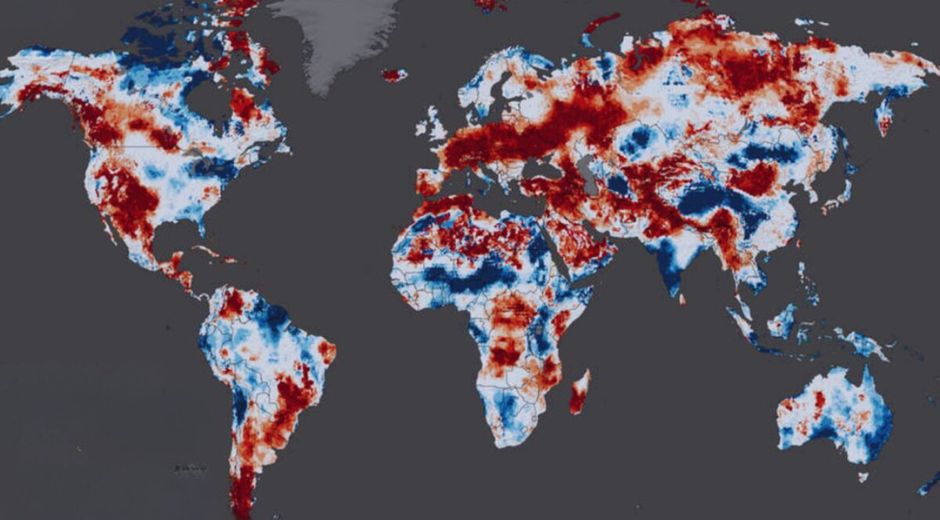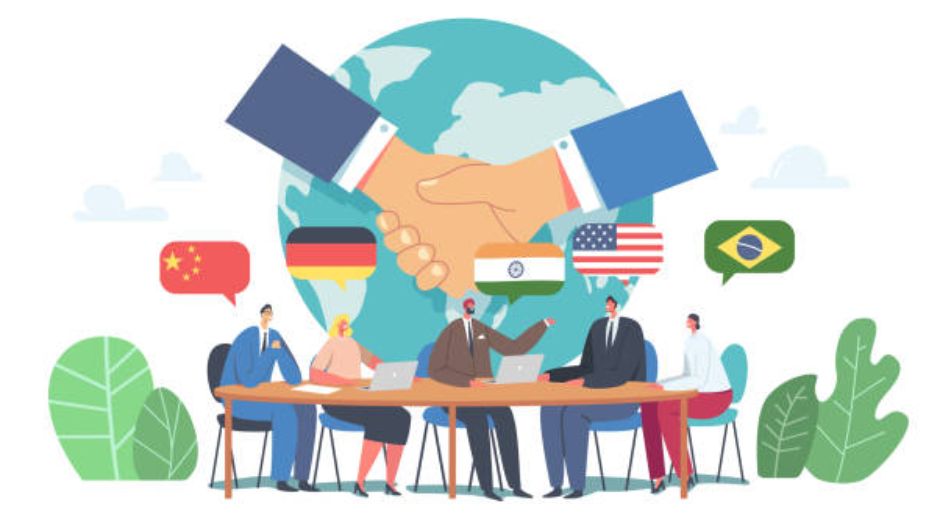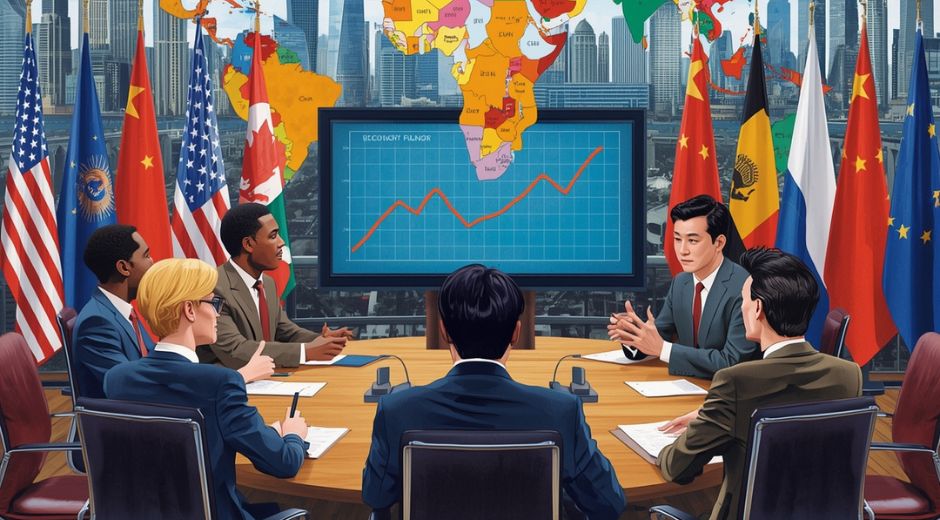The World in Flux: How Geopolitical Shifts Are Redefining Nations
The World in Flux: How Geopolitical Shifts Are Redefining Nations
The global landscape is constantly evolving, influenced by power dynamics, economic trends, and social movements. In 2025, geopolitical shifts are redefining nations, alliances, and the way countries interact with each other. Understanding these forces is essential for policymakers, businesses, and global citizens.
This article explores key geopolitical trends, their impact on societies, and the stories behind the major transformations shaping the modern world.
1. Rising Multipolarity
The era of unipolar global dominance is giving way to a multipolar world. Multiple centers of power are emerging, influencing international relations and global stability:
-
Emerging Economies: Countries like India, Brazil, and China are increasing influence in global trade and diplomacy.
-
Regional Alliances: Organizations such as BRICS and ASEAN are creating new power dynamics.
-
Shifts in Military Strategy: Nations are adapting defense policies to account for multiple strategic competitors.
These developments illustrate how geopolitical shifts are transforming traditional power structures.
2. Economic Interdependence and Tensions
Globalization has created interconnected economies, but this interdependence also introduces vulnerabilities:
-
Supply Chain Realignments: Nations are diversifying trade partners to reduce dependency on single markets.
-
Trade Wars and Sanctions: Economic measures are increasingly used as geopolitical tools.
-
Technological Competition: Nations compete for dominance in AI, semiconductors, and other strategic technologies.
Economic policies now play a pivotal role in geopolitical positioning.
3. Climate Change and Environmental Policy
Environmental concerns have become central to global strategy, influencing international cooperation and conflict:
-
Resource Scarcity: Water, minerals, and energy access shape territorial and diplomatic disputes.
-
Green Initiatives: Nations invest in renewable energy and sustainable practices to gain global influence.
-
Climate Diplomacy: International agreements, such as COP summits, become key arenas for negotiation.
Geopolitical landscapes are increasingly defined by environmental strategy and sustainability commitments.
4. Migration and Demographic Shifts
Trade remains the backbone of the global economy. International agreements and policies are evolving to address both market access and social responsibility.
Key Developments:
-
Modernization of World Trade Organization (WTO) rules to address digital trade, intellectual property, and sustainability.
-
Regional trade agreements like the Comprehensive and Progressive Agreement for Trans-Pacific Partnership (CPTPP) and the African Continental Free Trade Area (AfCFTA).
-
Policies promoting fair labor standards and environmental compliance in trade deals.
Impact:
-
Expands market access for businesses and entrepreneurs.
-
Encourages sustainable and ethical supply chains.
-
Reduces trade barriers and promotes global economic integration.
Why It Matters:
Trade policies shape economic growth, development, and international cooperation, influencing everything from consumer prices to geopolitical alliances.
5. Technology and Cybersecurity
Technological advancement is central to modern geopolitical strategies:
-
Cyber Warfare: State-sponsored cyberattacks target infrastructure, financial systems, and government networks.
-
AI and Data Dominance: Control over advanced technologies can confer significant strategic advantage.
-
Information Warfare: Social media and digital platforms are leveraged to influence public opinion globally.
Technology is both a tool and a battleground in the modern geopolitical arena.
6. Shifting Alliances and Diplomacy
Global alliances are evolving rapidly in response to new challenges:
-
Strategic Partnerships: Bilateral and multilateral agreements help nations secure trade, security, and influence.
-
Regional Conflicts: Local tensions can escalate into broader geopolitical concerns.
-
Soft Power: Cultural diplomacy, foreign aid, and global branding increasingly shape international relations.
These changes underscore how diplomacy adapts to ongoing geopolitical realities.
7. Case Studies of Recent Geopolitical Shifts
Businesses must understand geopolitical trends to navigate risks and seize opportunities:
-
Market Diversification: Companies hedge against instability by expanding into multiple regions.
-
Regulatory Adaptation: Compliance with local and international laws becomes critical.
-
Strategic Investments: Businesses align with countries demonstrating stability and growth potential.
Geopolitical awareness allows companies to make informed decisions and mitigate risks.
8. Impacts on Businesses and Economies
-
Middle East Dynamics: Shifts in alliances and energy markets affect global supply chains and security policies.
-
Asia-Pacific Tensions: Territorial disputes, military modernization, and trade influence regional stability.
-
European Union Adaptation: Post-Brexit economic realignments and defense strategies illustrate continental shifts.
These examples show how geopolitical shifts are reshaping national strategies and international engagement.
9. Media and Public Perception
Looking ahead, several geopolitical trends are likely to define the next decade:
-
Multipolar Stability: Nations will negotiate power-sharing mechanisms to maintain global stability.
-
Climate-Driven Policy: Environmental strategy will become central to national security.
-
Technology Governance: Cybersecurity, AI ethics, and digital sovereignty will dominate discussions.
-
Population and Migration Planning: Demographic realities will influence labor, security, and diplomacy strategies.
Staying informed and proactive is essential to thrive in this evolving landscape.
10. Future Outlook: Navigating a Changing World
-
Media coverage influences public understanding and government responses:
-
Information Accessibility: Real-time reporting connects global audiences to events.
-
Framing Conflicts: Media narratives shape perceptions of threats, allies, and policies.
-
Citizen Engagement: Public opinion can influence national strategies and diplomatic initiatives.
The media plays a critical role in shaping responses to geopolitical developments.
-
11. Conclusion: Understanding Geopolitical Shifts
-
In a world of constant change, geopolitical shifts influence economies, societies, and international relations. By analyzing trends in technology, environment, demographics, and diplomacy, nations and businesses can better anticipate challenges and opportunities.
Recognizing the forces shaping the global landscape allows individuals, organizations, and governments to make informed decisions that align with both current realities and future possibilities.
For more analysis on global trends and policy impacts, visit Newspapersio.com.External References:
-
Political insights: Politicxy.com
-
Environmental and global policy: EcoGlobalo.com
-
The Pulse of Sport
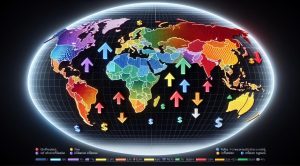
Global Inflation Signals, The Indicators Economists Watch Before Markets Move
Global Inflation Signals, The Indicators Economists Watch Before Markets Move
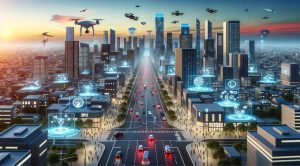
Smart City Surveillance, Safety Gains and the Privacy Tradeoff
Smart City Surveillance, Safety Gains and the Privacy Tradeoff

Ethical Newsrooms, How Media Standards Are Being Rebuilt
Ethical Newsrooms, How Media Standards Are Being Rebuilt

Space Economy Jobs, New Careers Emerging from the Orbital Boom
Space Economy Jobs, New Careers Emerging from the Orbital Boom

Telemedicine Regulations, What’s Changing for Patients and Providers
Telemedicine Regulations, What’s Changing for Patients and Providers

Fact Checking AI, Can Algorithms Reduce Misinformation at Scale
Fact Checking AI, Can Algorithms Reduce Misinformation at Scale

Battery Recycling, The Missing Link in the Energy Transition
Battery Recycling, The Missing Link in the Energy Transition







